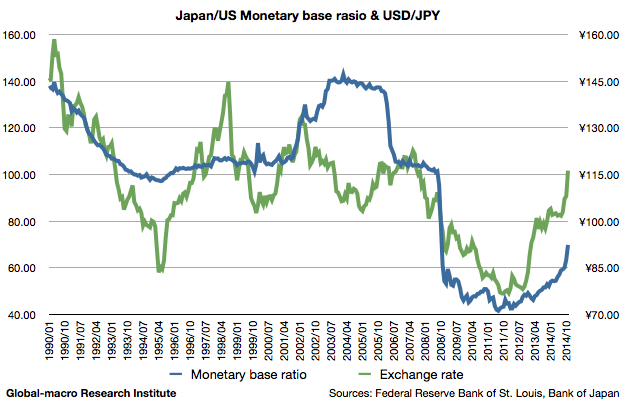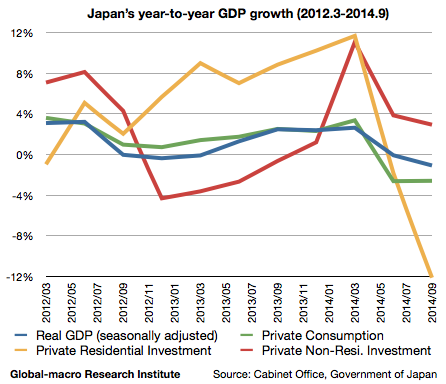In early 2015, the gold price remained approximately $1150-1250, but as the Chinese economy slowed down, the price finally fell below $1100 in July.
As the Fed was going to rise the interest rate, the bear market itself was predicted by some investors. When the rate rises, the higher yield makes the dollar more attractive, and as a consequence, the gold price, traded in USD, decreases.
However, now we have another influential factor: the slowdown of the Chinese economy, which became more serious than before. So in this article, we contemplate on the two factors that affect the gold price and explain why gold is still a way to avoid the upcoming market crash in a few years.

